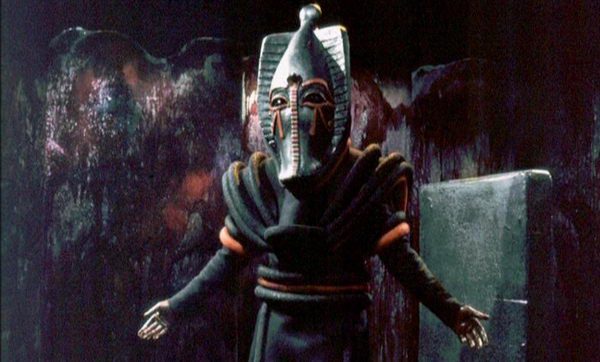 It’s October 25th, 1975. Between now and November 15th one person will die in a school shooting in Ottawa, fourteen people will die in the Netherlands following an explosion at a petroleum facility, and twenty-nine people will die when the Edmund Fitzgerald sinks on Lake Superior,.Furthermore, Wilma McCann will become the first of Peter Sutcliffe’s victims, Pier Paolo Pasolini will be repeatedly run over by his own car on a beach in Ostia, and Lionel Trilling will die of stomach cancer. Meanwhile, the world will slide ever closer to the eschaton, and Pyramids of Mars airs.
It’s October 25th, 1975. Between now and November 15th one person will die in a school shooting in Ottawa, fourteen people will die in the Netherlands following an explosion at a petroleum facility, and twenty-nine people will die when the Edmund Fitzgerald sinks on Lake Superior,.Furthermore, Wilma McCann will become the first of Peter Sutcliffe’s victims, Pier Paolo Pasolini will be repeatedly run over by his own car on a beach in Ostia, and Lionel Trilling will die of stomach cancer. Meanwhile, the world will slide ever closer to the eschaton, and Pyramids of Mars airs.
Of the stories to be held as consensus greats by Doctor Who fandom, Pyramids of Mars is one of the most puzzling. In many ways, it is the least remarkable story of its era. There are stories that are remarkably good, a few that are remarkably bad, and several that are remarkable in the sense that they’re unusual and unlike the things around them. Pyramids of Mars is none of these things. It does a variety of things well, it’s true, but none of them to such an extraordinary degree that it stands out for them, while on a number of fronts it has obvious and glaring deficiencies, most obviously the profoundly stupid riddle solving final episode. And in terms of the basic scope of the episode, it is very close to the archetypal Hinchcliffe-era story.
Which means that at long last we’re going to have to talk about the gothic.. If you ask any fan, after all, this is the defining aspect of the Hinchcliffe era. Unusually, this remains true even if you ask a fan who generally knows what they’re talking about. Degrees of nuance vary, from fans who dutifully repeat the “Hammer Horror” canard with or without ever having seen a single Hammer film to ones such as Lawrence Miles and Tat Wood, who are capable of actually formulating an account of the word that has content, noting the tendency of the era to feature long-defeated foes making a final, terrible return. This is indeed common: Revenge of the Cybermen, The Brain of Morbius, The Seeds of Doom, The Hand of Fear, The Deadly Assassin, The Talons of Weng-Chiang, and indeed Pyramids of Mars all feature variations of this trope. And more to the point, it is indeed broadly in line with the gothic. One of the standard markers of the gothic is the sense of the unburied dead. To quote a sometime theorist and notable sexual abuser, “Hauntology, a category positing, presuming, implying a ‘time out of joint’, a present stained with traces of the ghostly, the dead-but-unquiet, estranges reality in an almost precisely opposite fashion to the Weird: with a radicalised uncanny – ‘something which is secretly familiar, which has undergone repression and then returned from it’.” (“Hauntological” being, essentially, “gothic” for people who like syllables.)
There is much to unpack here. The connection between death/burial and repression is non-intuitive, and yet its realization draws a line between the gothic romance, with its brooding hero who is inevitably harboring some sort of dark secret, and gothic horror, with its literal undead monsters.…
Continue Reading
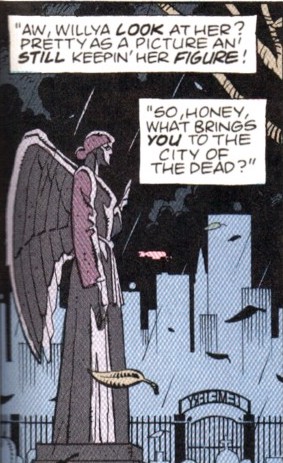 This is, perhaps, why so much ink has been spilled within the War on attempts to argue that this gap, in effect, does not exist – that Watchmen can be understood purely, or at least primarily, in terms of its influences, thus allowing those living in its wake to exist as though they are free from its vast and monolithic splendor. It is, after all, the easier option; it does not require staring too long at the cavernous depths within. It gives the comforting illusion that Watchmen is, at its heart, an easily solved mystery – a question with a definite answer. Nothing could be further from the truth, but for those who would otherwise find themselves caught in its blast, reduced to mere shadows cast by its incinerating radiance the idea that the book is simply some inevitable consequence of what came before is a useful delusion.
This is, perhaps, why so much ink has been spilled within the War on attempts to argue that this gap, in effect, does not exist – that Watchmen can be understood purely, or at least primarily, in terms of its influences, thus allowing those living in its wake to exist as though they are free from its vast and monolithic splendor. It is, after all, the easier option; it does not require staring too long at the cavernous depths within. It gives the comforting illusion that Watchmen is, at its heart, an easily solved mystery – a question with a definite answer. Nothing could be further from the truth, but for those who would otherwise find themselves caught in its blast, reduced to mere shadows cast by its incinerating radiance the idea that the book is simply some inevitable consequence of what came before is a useful delusion.


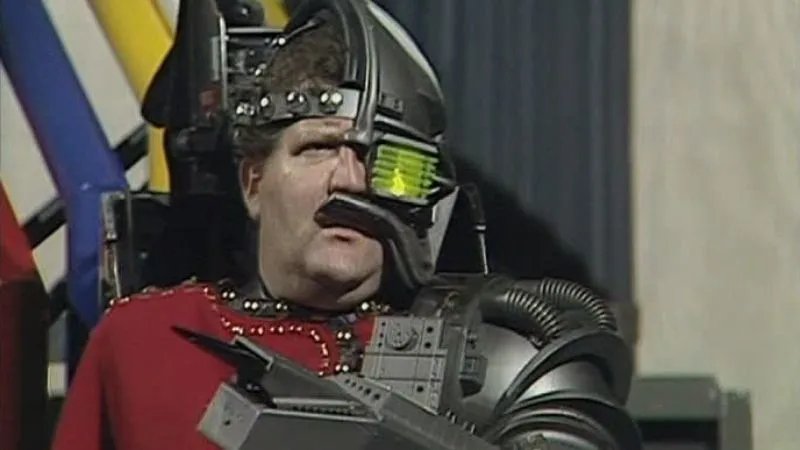 It’s September 30
It’s September 30 It’s November 26th, 1977. Between now and December 17th, an airplane carrying the University of Evansville basketball team will crash, killing the entire team, another plane crash at Madeira Airport in Portugal kills a hundred and thirty-one, and sex worker Marilyn Moore is injured in an attack by the Yorkshire Ripper. Despite the relative paucity of major disasters, the world still creeps ever closer to the eschaton and The Sun Makers airs.
It’s November 26th, 1977. Between now and December 17th, an airplane carrying the University of Evansville basketball team will crash, killing the entire team, another plane crash at Madeira Airport in Portugal kills a hundred and thirty-one, and sex worker Marilyn Moore is injured in an attack by the Yorkshire Ripper. Despite the relative paucity of major disasters, the world still creeps ever closer to the eschaton and The Sun Makers airs.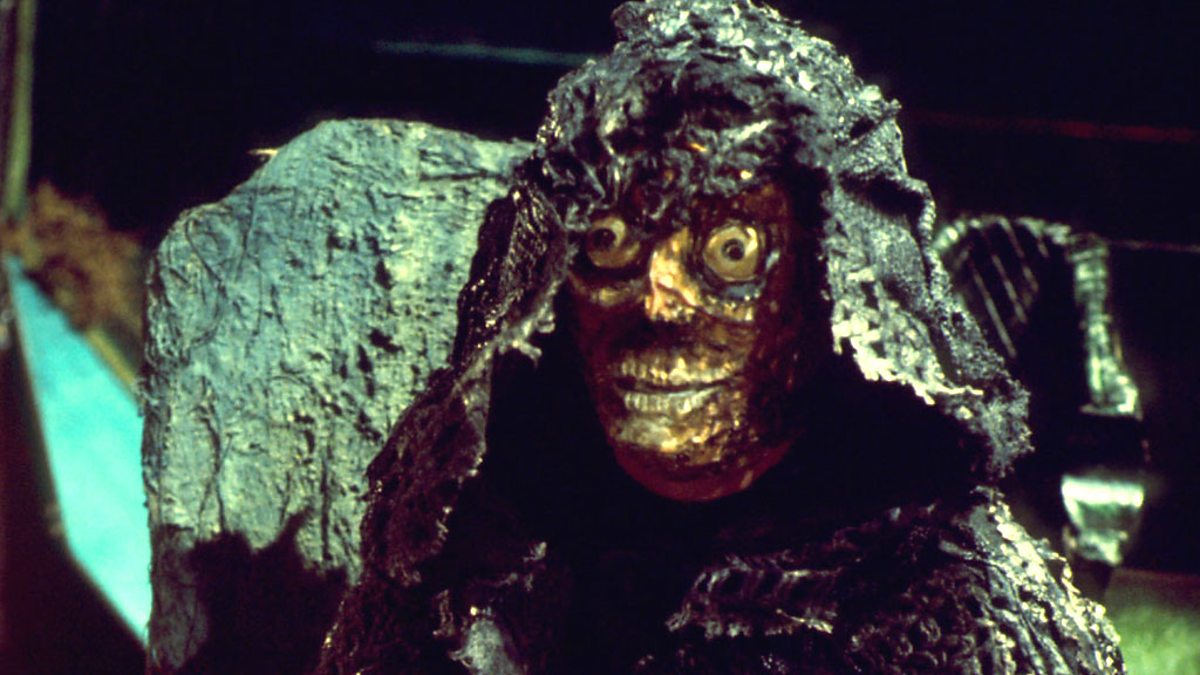 It is impossible to talk about The Deadly Assassin without getting into the weeds of Doctor Who continuity, a sentence that is arguably the most depressing thing yet written in this project. Phil Sandifer manages to belch forth nearly 13,000 words of typically fanciful speculation (although at least this time he manages to avoid anything quite so masturbatorily pat as “the Doctor is from the Land of Fiction,” a critical conclusion so sickeningly self-congratulatory that it’s no wonder its author has disappeared off the face of the Internet and indeed the planet), but he’s hardly alone. Vast swaths of what Doctor Who gets up to when its worst instincts are indulged—waffle about the Eye of Harmony, Rassilon, Shabogans, and indeed Gallifreyan lore in general—all find their origin point here.
It is impossible to talk about The Deadly Assassin without getting into the weeds of Doctor Who continuity, a sentence that is arguably the most depressing thing yet written in this project. Phil Sandifer manages to belch forth nearly 13,000 words of typically fanciful speculation (although at least this time he manages to avoid anything quite so masturbatorily pat as “the Doctor is from the Land of Fiction,” a critical conclusion so sickeningly self-congratulatory that it’s no wonder its author has disappeared off the face of the Internet and indeed the planet), but he’s hardly alone. Vast swaths of what Doctor Who gets up to when its worst instincts are indulged—waffle about the Eye of Harmony, Rassilon, Shabogans, and indeed Gallifreyan lore in general—all find their origin point here. It’s October 25th, 1975. Between now and November 15th
It’s October 25th, 1975. Between now and November 15th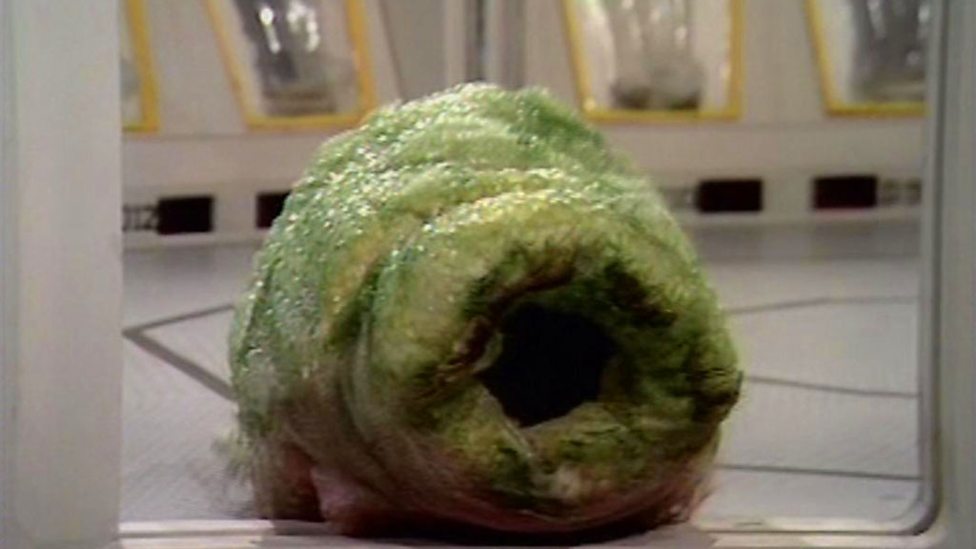 It’s January 25th, 1975. Between now and February 15th, Edward Wilson and Robert McCullough will both die in attacks in Belfast, Clyde Hay will be the final viction of the Skid Row Slasher, a hundred and three civilians will be slaughtered by Ethiopian troops in Woki Duba, and two thousand and forty one will die in an earthquake in China. In addition, CEO of United Brands (formerly United Fruit) Eli M. Black will commit suicide shortly before it emerges that he paid a large bribe to the President of Honduras, P.G. Wodehouse will die of a heart attack in a hospital in Long Island, and Richard Ratsimandrava, the recently installed President of Madagascar, will be assassinated, sparking a civil war. Also, the world will slide ever closer to the eschaton, and The Ark in Space will air.
It’s January 25th, 1975. Between now and February 15th, Edward Wilson and Robert McCullough will both die in attacks in Belfast, Clyde Hay will be the final viction of the Skid Row Slasher, a hundred and three civilians will be slaughtered by Ethiopian troops in Woki Duba, and two thousand and forty one will die in an earthquake in China. In addition, CEO of United Brands (formerly United Fruit) Eli M. Black will commit suicide shortly before it emerges that he paid a large bribe to the President of Honduras, P.G. Wodehouse will die of a heart attack in a hospital in Long Island, and Richard Ratsimandrava, the recently installed President of Madagascar, will be assassinated, sparking a civil war. Also, the world will slide ever closer to the eschaton, and The Ark in Space will air.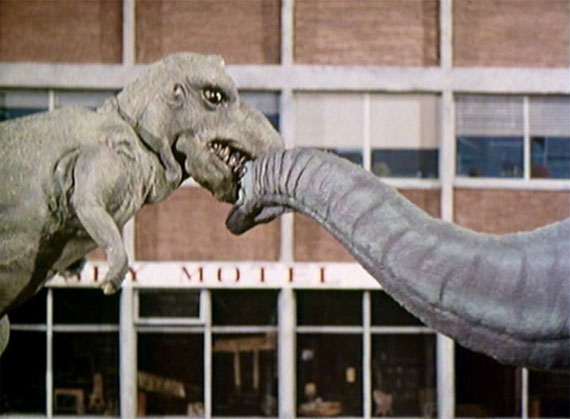 It’s January 12th, 1974. Between now and February 16th, twelve people will die in an IRA bmombing of a coach bus on the M62, and a hundred and seventy three people will die in a fire in Sāo Paulo. The implementation of the three-day week will cause massive economic strain on the United Kingdom, which does not directly kill anybody, but is linked to large spikes in crime and mental illness. In addition, Batman creator Bill Finger will die of a heart attack and movie mogul Samuel Goldwyn will die of old age. Beyond that, the world moves ever closer to the eschaton and Invasion of the Dinosaurs airs on the BBC.
It’s January 12th, 1974. Between now and February 16th, twelve people will die in an IRA bmombing of a coach bus on the M62, and a hundred and seventy three people will die in a fire in Sāo Paulo. The implementation of the three-day week will cause massive economic strain on the United Kingdom, which does not directly kill anybody, but is linked to large spikes in crime and mental illness. In addition, Batman creator Bill Finger will die of a heart attack and movie mogul Samuel Goldwyn will die of old age. Beyond that, the world moves ever closer to the eschaton and Invasion of the Dinosaurs airs on the BBC.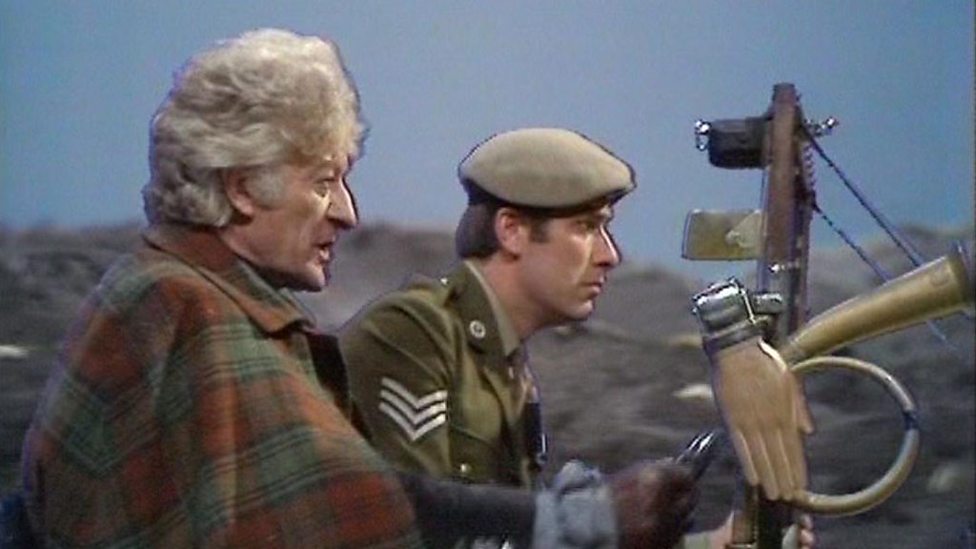 It’s May 19th, 1973. Between now and June 23rd, forty-eight will die in a plane crash in India, six will die in a pair of IRA bombings in Coleraine, thirteen will die in Argentina when snipers open fire on protesters in the Ezeiza massacre, and six year old boy in Kingston upon Hull will die in the first fire of Peter Dinsdale’s near decade-long spree of arson. This relatively sparse major death toll masks the steady progression of the world towards the eschaton. Also, The Green Death airs.
It’s May 19th, 1973. Between now and June 23rd, forty-eight will die in a plane crash in India, six will die in a pair of IRA bombings in Coleraine, thirteen will die in Argentina when snipers open fire on protesters in the Ezeiza massacre, and six year old boy in Kingston upon Hull will die in the first fire of Peter Dinsdale’s near decade-long spree of arson. This relatively sparse major death toll masks the steady progression of the world towards the eschaton. Also, The Green Death airs.